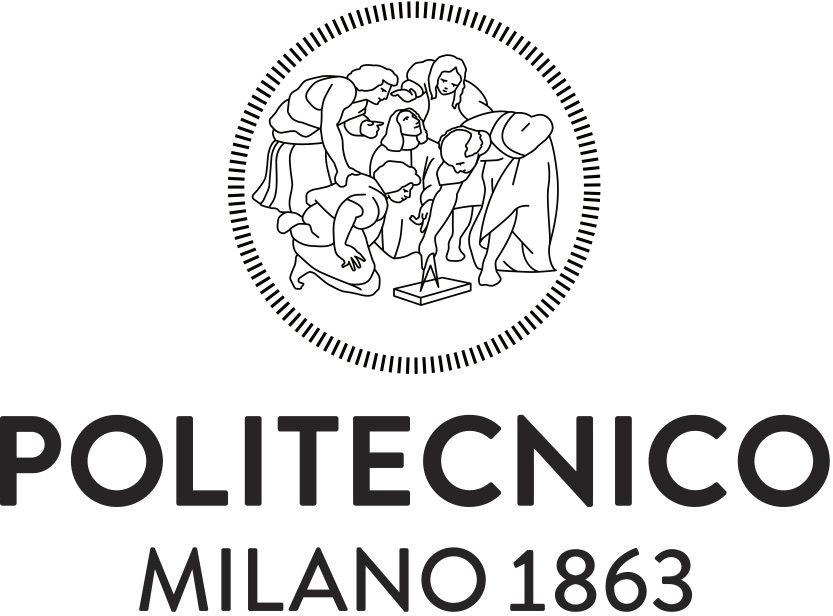The Object Management Group (OMG) has released today the new official logo of IFML, the Interaction Flow Modeling Language that became a standard in March 2013.The logo is inspired from the well-known UML logo. This is not just a graphical similarity. The aim is to underline immediately in the name and visual representation that IFML is … Continue reading IFML: and here comes the official logo!
Author: Marco Brambilla
Success story paper: Large-scale Model-Driven Engineering of Web User Interaction with WebML and WebRatio
Our paper "Large-scale Model-Driven Engineering of Web User Interaction: The WebML and WebRatio experience" has been published online on Elsevier's journal: Science of Computer Programming, in the special issue Success Stories in Model Driven Engineering (edited by Davide Di Ruscio, Richard Paige, Alfonso Pierantonio).The history we report spans across a decade that has seen a … Continue reading Success story paper: Large-scale Model-Driven Engineering of Web User Interaction with WebML and WebRatio
IFML is now adopted and published by OMG, Wikipedia, and YouTube
Along with the continuing consolidation process of the Interaction Flow Modeling Language (IFML) within OMG, we are now starting our effort of documenting and disseminating IFML.The three most recent resources I wish to point at are:Official publishing of IFML in the OMG specification catalogA new Wikipedia page on the languageA new demonstration video on the … Continue reading IFML is now adopted and published by OMG, Wikipedia, and YouTube
Expert finding in social networks and crowdsourcing
Expert selection is an important aspect of many Web applications, e.g., when they aim at matching contents, tasks or advertisement based on user profiles, possibly retrieved from social networks.This was crucial for our current research on crowdsourcing, and therefore we dedicated a specific research line to this aspect. The main idea we developed was to … Continue reading Expert finding in social networks and crowdsourcing
Interaction Flow Modeling Language (IFML) adopted as a standard by OMG
It's with great pleasure and also some pride that I'm announcing that the Interaction Flow Modeling Language (IFML) has been adopted as a standard by OMG during the technical meeting held in Reston, VA this week.This is an important result we have been pursuing for more than two years now (and ultimately have its roots … Continue reading Interaction Flow Modeling Language (IFML) adopted as a standard by OMG
Daniel Moody on "Designing diagramming notations that work": the physics of notations
Daniel L. Moody from University of Twente gave a talk (and a full fledged tutorial) at OMG technical meeting in Reston, VA, on the principles for designing effective diagramming notations. His talk had this overall design:(click to enlarge)Daniel Moody wrote a famous paper on IEEE Transactions of Software Engineering titled:The “Physics” of Notations: Toward a … Continue reading Daniel Moody on "Designing diagramming notations that work": the physics of notations
A standard API for Knowledge Bases (API4KB)
API4KB is an initiative within OMG that aims at defining a standard programming interface for knowledge bases. API4KB has been presented at OMG ADTF and the activities on this are starting now. There is a API4KB RFP currently open and some resources are available on the API4KB wiki. LOI and voting list are open until … Continue reading A standard API for Knowledge Bases (API4KB)
An unexpected journey, and not Bilbo’s one
In my life, I've always been craving for travels, visiting places, experiencing arts and seeing new things. I never appreciated those kinds of holidays where you just sit and do nothing, I liked doing trips and sightseeing, I liked coming back from holidays more tired than then I left. Still, we know life is always … Continue reading An unexpected journey, and not Bilbo’s one
Reason and meaning of (top) models
After a semester in teaching model driven software engineering in my Advanced Software Engineering course at Politecnico, I feel the urgency of echoing once again a few words about the reason of models, inspired also from some content in our last book on Model-driven Software Development, or MDSE (see more here or on www.mdse-book.com).By the way, … Continue reading Reason and meaning of (top) models
IFML on its way towards OMG standardization
The Interaction Flow Modeling Language (IFML) is now one step closer to standardization by Object Management Group (OMG). On February 18 the revised version of the IFML specification has been submitted to OMG by a consortium lead by WebRatio and comprising also Fujitsu, Model Driven Solutions, Softeam, and Thales.The new submission has improved a lot … Continue reading IFML on its way towards OMG standardization







